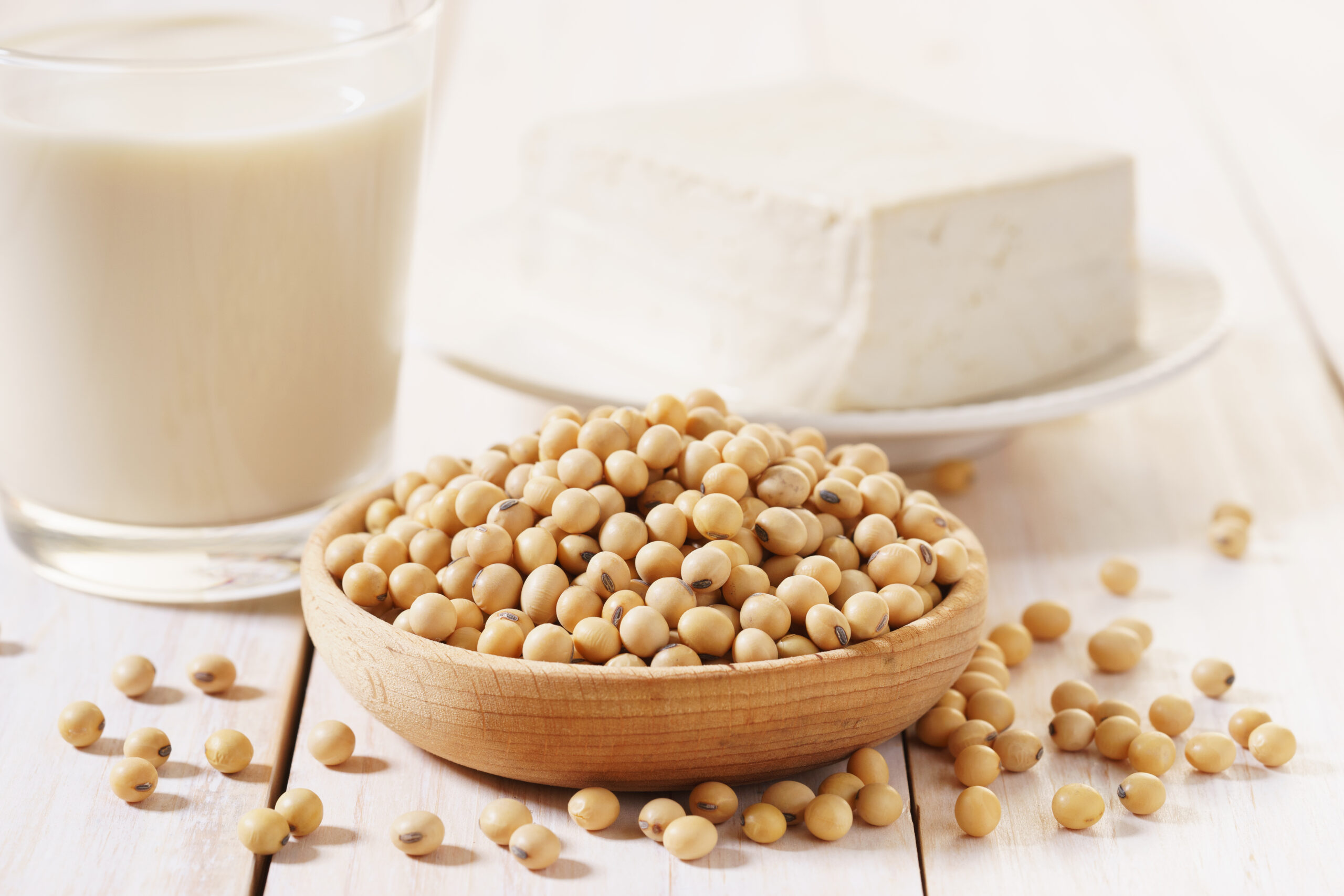Soy is widely recognised as a nutritionally rich source of plant-based protein, commonly consumed by vegetarians, vegans, and individuals aiming to reduce their reliance on animal-derived foods. However, France’s national health agency, Agence nationale de sécurité sanitaire de l’alimentation, de l’environnement et du travail (ANSES), has issued a recommendation to progressively phase out soy and soy-based products from collective catering environments such as schools, hospitals, and care homes.
This decision is rooted in concerns surrounding the intake of isoflavones—naturally occurring phytoestrogens present in high quantities in soy—and their potential endocrine-disrupting effects. However, the recommendation has sparked a contentious debate within the scientific, environmental, and public health communities.
Why Is France Targeting Soy?
According to ANSES, excessive consumption of isoflavones could pose reproductive and endocrine risks, particularly for vulnerable populations. The agency recently established stringent safety thresholds for dietary isoflavone intake:
- 20 micrograms per kilogram of body weight per day for the general population
- 10 micrograms per kilogram for vulnerable groups, including prepubescent children, pregnant women, and women of childbearing age.
Under these revised guidelines, even minimal consumption of soy-based products may exceed the threshold:
- A 30 kg child would exceed the limit by drinking just 3 ml of soy milk per day
- A 68 kg woman would reach her limit by consuming one glass of soy milk every 48 days
ANSES has cited these estimations to highlight the high likelihood of overexposure, noting that over 75% of French toddlers and a significant proportion of adults already surpass these levels through dietary intake.
The Scientific Review Behind the Recommendations
ANSES undertook a comprehensive review of toxicological and epidemiological data to assess the safety of isoflavones. These compounds, primarily genistein and daidzein, are structurally similar to oestrogens and can interact with oestrogen receptors in the body. Depending on the tissue type, hormonal context, and dosage, isoflavones may exert oestrogenic or anti-oestrogenic effects.
The agency applied a precautionary toxicological framework, primarily extrapolating from animal studies. It defined toxicological reference values (TRVs) of:
- 0.02 mg/kg body weight/day for the general population
- 0.01 mg/kg body weight/day for vulnerable groups
For a 60 kg adult, this equates to just 1.2 mg/day. Given that soy drinks may contain 7.85 mg of isoflavones per 100 g, this threshold could be exceeded with as little as 150 ml of soy beverage. Notably, isoflavone content varies significantly across products due to soybean variety, cultivation practices, and processing methods.
ANSES then compared these TRVs with consumption data from the French population, revealing:
- 76% of children aged 3–5
- 53% of girls aged 11–17
- 47% of adults aged 18–50 who consume soy foods exceeded the TRVs
Precautionary Recommendations from ANSES
In light of these findings, ANSES issued the following recommendations:
- Limit daily isoflavone intake, particularly among children, women of reproductive age, and pregnant women
- Avoid soy-based foods in public catering (across all age groups)
- Encourage industry reformulation to reduce isoflavone content in soy-based products
Importantly, this is not a legal ban, but a precautionary measure intended to limit long-term public health risks.
Criticism from the Scientific and Environmental Communities
Scientific Community Slams Recommendation as “Fear-Mongering”
Several scientists, nutritionists, and advocacy groups have strongly criticised ANSES’s stance as alarmist and unsupported by the broader body of nutritional science.
“This is a scare tactic to push consumers away from plant-based alternatives,”
said the European Vegetarian Union.
“The medical community needs to debunk this fear-mongering and set the record straight.”
Multiple meta-analyses challenge ANSES’s assertions:
- A 2021 meta-analysis of over 400 studies found no adverse effects of soy isoflavones on thyroid function, testosterone, or reproductive health
- A 2020 review confirmed no impact on male hormonal balance
- A 2024 systematic review noted potential benefits, including enhanced bone density and alleviated menopausal symptoms
Regulatory agencies such as the European Food Safety Authority (EFSA) and the U.S. National Institutes of Health (NIH) continue to regard soy as both safe and beneficial for general consumption.
Environmental Concerns Over Backward Policy
Environmental organisations have also condemned the recommendations as regressive. Groups such as ProVeg International argue that removing soy from institutional catering conflicts with both public health goals and climate objectives.
“We are surprised by ANSES’s recommendation to exclude soy from mass catering despite its well-documented health and environmental benefits,” said a ProVeg spokesperson. “We would like to see large-scale meta-analyses that justify such a drastic move.”
Soy is known for its lower environmental footprint compared to animal proteins, and it features centrally in EU strategies for sustainable protein diversification to combat climate change. Critics highlight that robust risk-benefit analysis, not unilateral caution, should guide food policy—particularly when soy offers significant nutritional and ecological advantages.
A Broader Pattern of Anti-Plant-Based Policy in France?
France has previously adopted controversial positions on alternative proteins:
- In 2023, it attempted to ban cultivated meat, a move criticised by food innovation advocates
- The government made two failed attempts to restrict plant-based meat labelling, both struck down by the French Conseil d’État and the European Court of Justice
In contrast, countries such as Germany, Austria, Finland, and Norway have updated dietary guidelines to promote plant-based eating, in line with WHO and UN recommendations.
Conclusion: Public Health or Political Messaging?
ANSES’s recommendation raises profound questions about the balance between public health protection, environmental sustainability, and political motivations. With growing scientific evidence supporting the safety and potential benefits of soy, the French agency’s stance has triggered international debate over the future of food policy in Europe.
Whether or not these guidelines translate into enforceable policy, they have already intensified scrutiny over France’s resistance to plant-based innovation. As the urgency of both climate and health challenges grows, the need for evidence-based, forward-looking dietary policy has never been clearer.
For more information
https://www.anses.fr/fr/content/eviter-les-isoflavones-dans-les-menus-des-restaurations-collectives
https://www.eufic.org/en/misinformation/article/does-soy-have-harmful-effects-on-our-health

